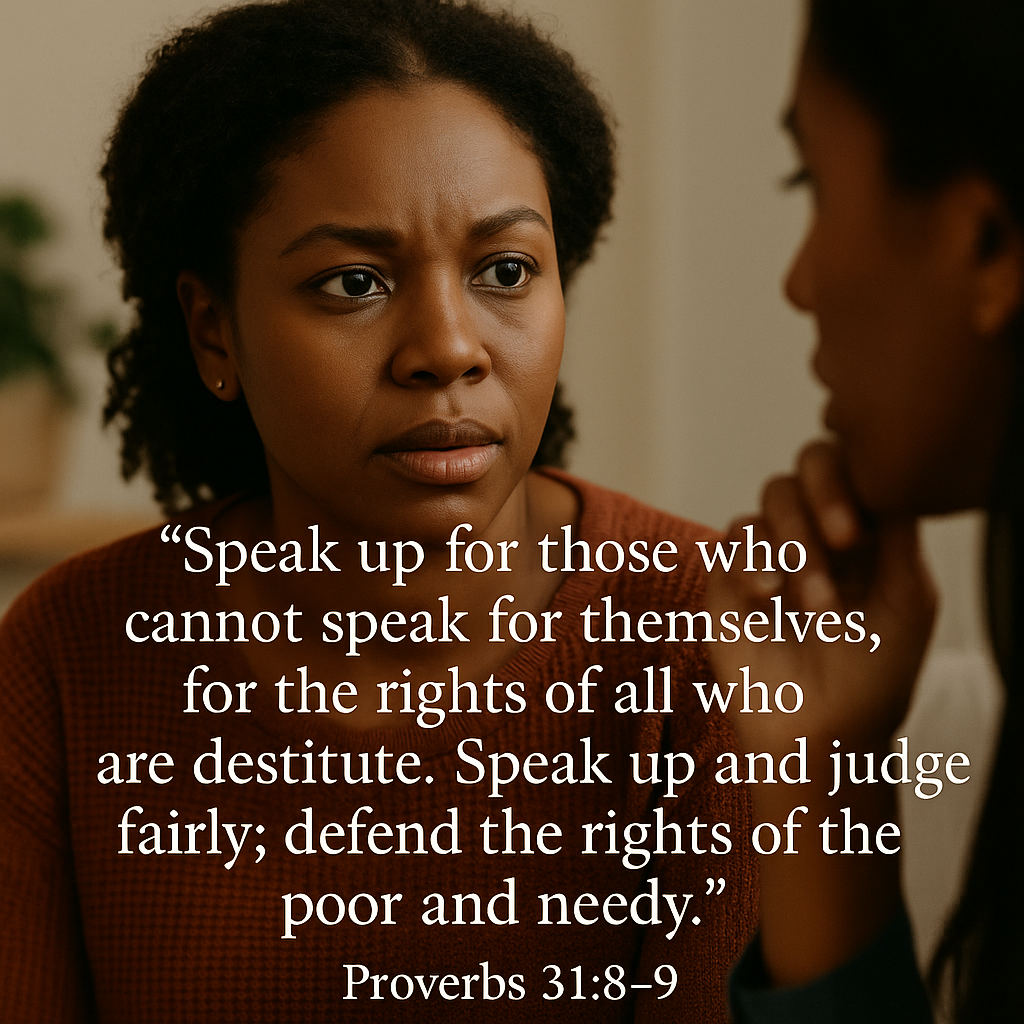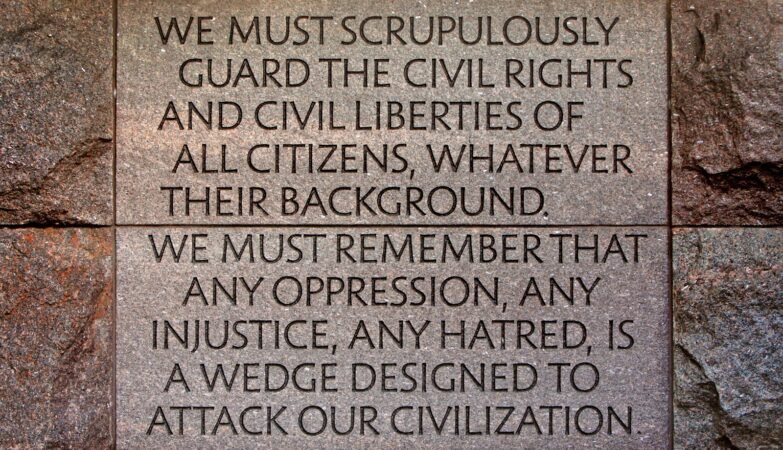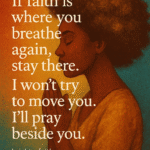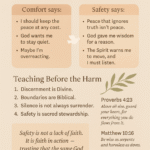In our churches, we are so accustomed to sharing blessings, testimonies, and lessons of faith. That is good and right. We are called to “encourage one another and build each other up” (1 Thessalonians 5:11).
But when a woman comes to us with a different kind of testimony—when she speaks of harm—our first duty is not to preach, minimize, or rush her into silence. Our first duty is to listen.
The Biblical Call to Listen
Proverbs 31:8–9 reminds us:
“Speak up for those who cannot speak for themselves, for the rights of all who are destitute. Speak up and judge fairly; defend the rights of the poor and needy.”
When someone tells us about abuse, that is our moment to live this scripture. That is the time to listen, ask questions, and defend her safety.
Questions That Matter
Instead of offering quick answers, ask the questions that could save her life:
- Are you afraid?
- Has he threatened to harm you?
- Do you have friends, family, or others you can turn to?
- Do you have the number to the domestic violence hotline? (Does your church post this number prominently—in bulletins, washrooms, fellowship halls?)
- Are the children safe? Do they know what to do in an emergency, or how to call for help?
- How are you really these days?
- Do you have access to a therapist? If not, could you talk with a trained counselor through the church?
Why It Matters
Never minimize her words. She knows a side of him that the rest of us may never see. If she says she is in danger, believe her. Protect her. Stand with her.
This is faith in action. This is what it means to live out the gospel—not only in testimonies of blessing, but in testimonies of survival, truth, and courage.

















